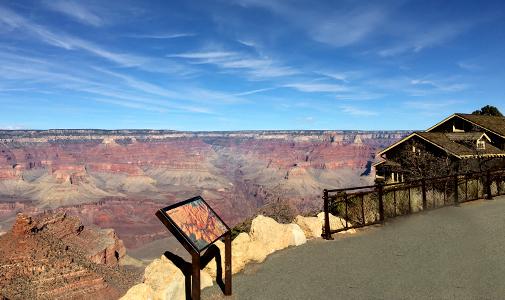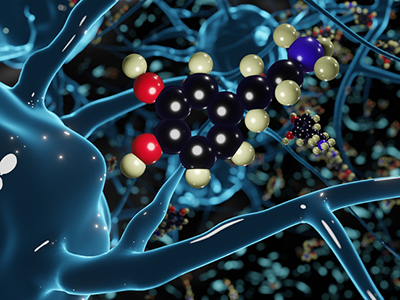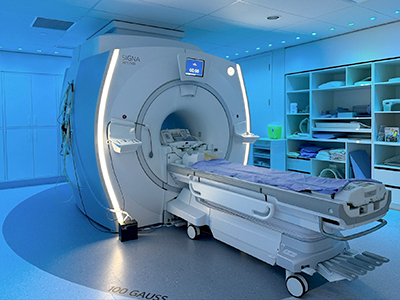
"I say yes to participate in research because it is a way to engage in my community and support other people."
– Nate*, Vancouver
For Nate*, the many gambling facilities near his home in Japan were an easy source of entertainment. So much so that he dreamed of one day travelling to Las Vegas, Nevada, to visit the seemingly endless stretch of casinos throughout the city and play on their rows of glimmering, melodious slot machines. Then, in 2022, that dream became a reality.
“When I walked into one casino in Las Vegas, I received a $10 reward because I was a first-timer,” recalls Nate, who describes himself as a recreational gambler who sets a budget. “I got some extra winnings from that, which made me feel that gambling is really fun.”
"The slot machines have many colourful, enjoyable attractions on the console to engage you.”
Soon after, Nate moved to Vancouver to begin studying information technology at a local college. As a full-time student, he was on the lookout for a way to earn some extra spending money. A poster advertising openings for participants in the Gambling PET/MRI study caught his eye, and Nate saw an opportunity to fill a need while also enjoying one of his favourite pastimes.
The investigative study, led by Vancouver Coastal Health Research Institute researcher Dr. Catharine Winstanley, is exploring the role of dopamine in gambling. Combining the powerful visualisation tools of magnetic resonance images (MRI) and positron emission technology (PET) brain scans, the research team aims to open a window into the electrical and chemical signalling happening in the brains of people partaking in gambling tasks.
MRI machines take pictures of brain activity, influenced by everything from what a person is thinking to a variety of medical conditions. PET scans reveal metabolic and biochemical functions in the brain, including the chemical neurotransmitter dopamine.

In the past, researchers believed that dopamine triggered feelings of pleasure or euphoria. However, new data has indicated that dopamine likely motivates actions that lead to pleasure, instead of being a direct source of pleasure itself. Released when we have an enjoyable experience, dopamine cues the brain to recall and potentially crave repeating actions that could return that feeling.

Decades of research have revealed a clear connection between the use of certain dopamine-activating narcotics, such as amphetamines, and the entrenchment of addiction. “However, there is little research into the connection between dopamine and gambling in humans,” states Winstanley.
“Animal studies have linked gambling tasks to dopamine production that reinforced addictive behaviours, but we need more evidence to understand whether similar processes are happening in humans.”
“We want to know if gambling tasks that involve sensory cues, such as bells and whistles, increase brain activation and dopamine release associated with the development of a harmful addiction,” states Winstanley.
How sensory cues might be triggering addiction to gambling
Nate was part of the test group in the Gambling PET/MRI study. His responses to a questionnaire administered by the study team identified him as being at moderate risk of developing a gambling addiction. A control group of healthy volunteers without a risk of developing a gambling addiction are also being recruited for the study.
“What I saw in the game interface was just a simple A and B selection task,” recalls Nate of the gambling tasks he performed while lying in the PET/MRI scanner used in the study. “I was just focusing on what I was doing and was really enjoying it.”

Using a controller connected to a computer screen, Nate was shown real-time information on the screen about whether an A or B wager was likely to win a set amount of money. Lights and sounds accompanied every selection he made.
While winnings were small — in the realm of a few dollars per play — Nate knew that he would take home every dollar he won in the game, on top of a nominal study participant honorarium.
“Many people in Japan lose money and go bankrupt due to gambling,” says Nate. “When I was in Las Vegas, I saw many people who were focused on the slot machines and did not care about the outside world for hours. They would lose money, but did not seem to mind.”
“I want to help researchers understand why some people cannot stop gambling,” Nate adds. “I hope that this study can benefit them.”
To inquire about participating in the Gambling PET/MRI study, please contact postdoctoral fellow Lester Tong at 604-822-2024 or lctong@mail.ubc.ca.
This is one patient's story of participating in a research study. Your experience may differ. Learn about clinical trials before participating.
*Name has been changed to protect participant anonymity.


